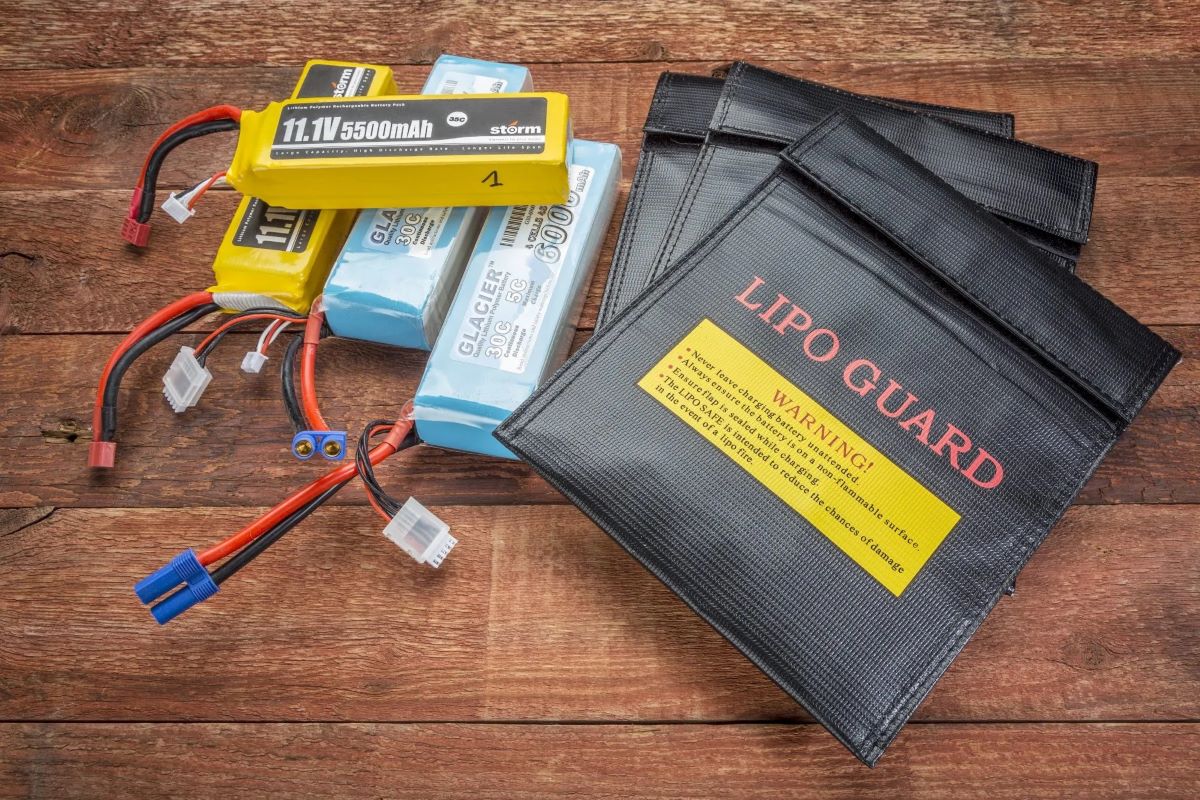

Articles
How To Store Lipo Batteries At Home
Modified: January 6, 2024
Discover the best practices for storing lipo batteries at home with informative articles. Learn how to prolong their lifespan and prevent potential hazards.
(Many of the links in this article redirect to a specific reviewed product. Your purchase of these products through affiliate links helps to generate commission for Storables.com, at no extra cost. Learn more)
Introduction
Welcome to this comprehensive guide on how to store lipo batteries at home. If you are a drone enthusiast, RC hobbyist, or use any other devices powered by lipo batteries, it is essential to understand the importance of proper storage. Lipo batteries, also known as lithium polymer batteries, are widely used due to their high energy density, lightweight design, and long-lasting performance.
However, mishandling or improper storage of lipo batteries can lead to safety hazards such as fire, explosion, or damage to the batteries themselves. This article will provide you with valuable insights and best practices to ensure the safe storage of your lipo batteries, preventing any potential accidents and prolonging their lifespan.
Before we dive into the details, it’s important to note that lipo battery storage guidelines may vary depending on the manufacturer and battery model. Always refer to the specific instructions provided by the battery manufacturer to ensure proper care and maintenance.
Key Takeaways:
- Proper storage of lipo batteries is crucial for safety, performance, and longevity. Follow manufacturer guidelines, consider factors like charge level and age, and invest in a fireproof container to ensure safe and effective storage.
- When transporting lipo batteries, prioritize safety by using dedicated battery cases, keeping batteries separate, and following airline regulations. Avoid common storage mistakes, regularly inspect batteries, and handle them with care to ensure optimal performance and safety.
Read more: How To Store Lipo Batteries
Why Proper Storage of Lipo Batteries is Important
Proper storage of lipo batteries is crucial for several reasons. The primary reason is safety. Lipo batteries, if mishandled or stored incorrectly, have the potential to catch fire or even explode. This can lead to serious injuries and property damage. By following proper storage practices, you minimize the risk of accidents and ensure the safety of yourself, your loved ones, and your belongings.
Another reason to store lipo batteries correctly is to maintain their performance and longevity. Lipo batteries are sensitive to temperature extremes, humidity, and other environmental factors. Improper storage conditions can lead to loss of capacity, reduced performance, and shortened lifespan of the batteries. By storing them properly, you can maximize their performance and get the most out of your investment.
Furthermore, many electric devices and gadgets are powered by lipo batteries, including drones, RC cars, laptops, cameras, and more. These devices often contain expensive and delicate components. If a lipo battery malfunctions due to improper storage, it can damage the device and result in expensive repairs or replacements.
Lastly, proper storage of lipo batteries also helps in organization and convenience. Storing your batteries in a systematic manner ensures easy access when you need them. It saves you time and eliminates the hassle of searching for misplaced or disorganized batteries.
In summary, proper storage of lipo batteries is crucial for safety, performance, longevity, and convenience. By following the recommended storage practices, you can minimize the risk of accidents, maintain optimal battery performance, prolong their lifespan, and keep your devices safe from potential damage.
Factors to Consider Before Storing Lipo Batteries
Before you store your lipo batteries, there are a few important factors to consider:
Battery Charge Level: It is recommended to store lipo batteries at a partially charged state, typically around 3.7 to 3.8 volts per cell. Storing them at full charge or completely empty can be detrimental to their health and longevity.
Battery Age: The age of a lipo battery is a crucial factor to consider. If a battery is already several years old, its capacity and performance may have deteriorated significantly. In such cases, it is advisable to retire or dispose of the battery properly rather than storing it.
Battery Damage: Before storing your lipo batteries, thoroughly inspect them for any physical damage, such as bulging, cracks, or punctures. Damaged batteries should never be stored and should be disposed of according to the appropriate regulations and guidelines.
Battery Cleanliness: It is essential to keep your lipo batteries clean and free from any dirt, dust, or debris. Wipe them gently with a dry cloth to ensure there is no residue that can interfere with their performance or cause potential short circuits.
Battery Connections: Ensure that the battery connectors, such as balance leads and discharge leads, are properly protected and insulated. This helps prevent accidental short circuits and ensures the safety and integrity of the battery during storage.
Storage Location: Choose a cool, dry, and well-ventilated area for battery storage. Extreme temperatures and high humidity can adversely affect lipo batteries. Avoid storing them in places where temperatures exceed 120°F (49°C) or drop below freezing point.
Storage Container: Use a dedicated lipo battery storage container or bag that is fireproof and made specifically for lipo batteries. This helps contain any potential fire or explosion and provides an extra layer of protection for your batteries.
By considering these factors and taking appropriate measures, you can ensure the safe and effective storage of your lipo batteries. It is important to remember that lipo batteries are sensitive devices, and proper care and attention should be given to ensure their longevity and safety.
Recommended Storage Conditions for Lipo Batteries
Proper storage conditions play a crucial role in maintaining the health and longevity of lipo batteries. Here are the recommended storage conditions:
- Temperature: Lipo batteries should be stored at a cool temperature, ideally between 50°F (10°C) and 77°F (25°C). Avoid exposing them to extreme temperatures, as both high heat and freezing temperatures can damage the battery chemistry and reduce performance.
- Humidity: It is best to store lipo batteries in a dry environment with low humidity levels. Excessive moisture can corrode the battery terminals and cause irreparable damage. Consider using moisture-absorbing packs in the storage container to keep the humidity under control.
- Storage Containers: Invest in a fireproof lipo battery storage container or bag. Such containers are designed to contain any potential fire or explosion, providing an added layer of safety. Ensure that the storage container is made specifically for lipo batteries and offers proper insulation.
- Separation: When storing multiple lipo batteries, it is important to keep them separated to avoid accidental short circuits. You can use individual battery compartments within the storage container or use dividers to keep the batteries apart.
- Positioning: Store lipo batteries in a position where they won’t be damaged or crushed by other objects. Avoid placing heavy items on top of the batteries, as this can lead to damage or deformation.
- Isolation: It is recommended to store lipo batteries away from flammable materials or sources of ignition. Keep them in a well-ventilated area and away from direct sunlight or heat sources to reduce the risk of fire.
Additionally, it is essential to periodically check the stored batteries for any signs of damage, such as bulging or leaking. If you notice any such issues, handle the batteries with extreme caution and dispose of them following the appropriate regulations.
By following these recommended storage conditions, you can protect your lipo batteries from damage, maintain their performance, and ensure a safe environment for everyone.
Storing Lipo Batteries in a Fireproof Container
Storing lipo batteries in a fireproof container is one of the most important steps you can take to ensure their safety. While lipo batteries are generally safe when handled properly, they have the potential to catch fire or explode if mishandled or stored incorrectly. A fireproof container adds an extra layer of protection and helps contain any potential fire or explosion.
Here’s what you need to know about storing lipo batteries in a fireproof container:
- Choose a fireproof container: Look for a storage container specifically designed to be fireproof. These containers are usually made from fire-resistant materials such as metal or fiberglass, and they are designed to contain and minimize the spread of fires.
- Size and configuration: Select a container that is large enough to accommodate your lipo batteries without risking damage or deformation. Consider the size and quantity of batteries you have and ensure that the container can safely store them without creating pressure or contact between individual batteries.
- Proper insulation: Make sure that the fireproof container is properly insulated to prevent heat transfer. This helps ensure that any potential fire or explosion inside the container does not spread to the surroundings.
- Sealed container: Ideally, the fireproof container should have a tight-fitting lid or sealing mechanism to keep the contents secure. This helps prevent any external factors, such as air or moisture, from entering the container and potentially compromising the batteries inside.
- Location: Place the fireproof container in a well-ventilated area, away from flammable materials and sources of ignition. Avoid storing it near highly combustible items or in areas with high heat or humidity.
- Regular inspection: Periodically inspect the fireproof container for any signs of damage or wear. Check the integrity of the seals, hinges, and insulation to ensure that it is still capable of providing the necessary protection for your lipo batteries.
Remember, while a fireproof container significantly reduces the risk of fire or explosion, it does not guarantee absolute safety. It is still important to handle and store lipo batteries with care and follow proper storage guidelines.
By storing lipo batteries in a fireproof container, you can greatly minimize the chances of accidents and protect yourself, your property, and others from the potential hazards associated with these powerful energy sources.
Store lipo batteries in a cool, dry place away from direct sunlight and extreme temperatures. Use a fireproof storage bag or container for added safety.
Read more: How To Store RC Lipo Batteries
Tips for Safe Transportation of Lipo Batteries
Transporting lipo batteries requires extra caution to ensure the safety of yourself, others, and your belongings. Here are some essential tips to follow when transporting lipo batteries:
- Use a proper battery case or bag: Invest in a dedicated battery case or bag designed specifically for lipo batteries. These containers provide insulation, protection, and help prevent accidental short circuits during transportation.
- Keep batteries separate: When traveling with multiple lipo batteries, ensure they are stored separately to prevent contact and potential short circuits. Use dividers or individual compartments within the battery case to keep the batteries secure and isolated.
- Avoid loose batteries: Never transport loose lipo batteries in your pocket, bag, or purse. Loose batteries can come into contact with conductive objects and cause a short circuit, leading to fire or explosion.
- Disconnect batteries: Prior to transportation, disconnect the batteries from any devices or equipment. Ensure that all connections, such as balance leads or discharge plugs, are properly covered and insulated to prevent accidental contact.
- Carry-on if possible: If you are traveling by air, it is generally recommended to carry lipo batteries in your carry-on luggage rather than checked baggage. Most airlines have specific rules and restrictions regarding the transportation of lipo batteries, so check with your airline beforehand.
- Follow airline regulations: If you are carrying lipo batteries on a flight, make sure to adhere to the airline’s guidelines and restrictions. Pack the batteries properly, following their specific requirements for packaging, quantity limits, and declaration forms.
- Protect battery terminals: To prevent accidental short circuits, cover the battery terminals with insulating caps or tape. This will protect the terminals from coming into contact with conductive objects during transportation.
- Avoid extreme temperatures: Do not expose lipo batteries to extreme temperatures during transportation. Extremely hot or cold temperatures can damage the batteries and negatively impact their performance.
- Keep an eye on the batteries: Stay vigilant throughout the transportation process. If you notice any signs of damage, swelling, or leakage from the batteries, handle them with extreme caution and follow the appropriate disposal procedures.
By following these tips, you can safely transport your lipo batteries without any accidents or incidents. Always prioritize safety and responsible handling when it comes to lipo batteries to ensure the well-being of yourself and those around you.
Common Mistakes to Avoid When Storing Lipo Batteries
Proper storage of lipo batteries is essential for their safety and longevity. However, there are some common mistakes that people often make when storing lipo batteries. By being aware of these mistakes, you can avoid potential hazards and ensure the optimal performance of your batteries. Here are some common mistakes to avoid:
- Storing in inappropriate locations: Avoid storing lipo batteries in areas with extreme temperatures, such as garages, direct sunlight, or near heating sources. High temperatures can cause the batteries to degrade, while low temperatures can reduce their performance.
- Storing near flammable materials: Keep lipo batteries away from flammable materials such as gasoline, solvents, or aerosol cans. If a lipo battery catches fire, the adjacent flammable materials can intensify the fire and lead to a hazardous situation.
- Storing damaged batteries: Never store damaged lipo batteries. Damaged batteries can leak, swell, or even explode. If you notice any signs of physical damage, such as bulging, punctures, or cracks, dispose of the damaged battery properly and replace it with a new one.
- Storing fully charged or discharged batteries: Storing lipo batteries fully charged or fully discharged can reduce their lifespan and increase the risk of fire or explosion. It is recommended to store lipo batteries at a partially charged state, around 3.7 to 3.8 volts per cell.
- Incorrect storage container: Do not store lipo batteries in non-approved containers or bags. Always use a dedicated fireproof lipo battery storage container or bag. Regular plastic or metal containers may not provide the necessary insulation to contain any potential fire or explosion.
- Ignoring battery age: Lipo batteries have a limited lifespan, and their capacity diminishes over time. Avoid storing lipo batteries that have reached their end-of-life or have been in use for several years. Dispose of old batteries responsibly and replace them with new ones.
- Poor organization: Disorganized storage can lead to mishandling or accidental short circuits. Keep your lipo batteries properly organized and separated within the storage container or bag to prevent any physical contact or damage.
- Insufficient ventilation: While a dedicated storage container is essential, ensure that it is stored in a well-ventilated area. Good ventilation helps dissipate any off-gassing or heat buildup from the batteries, reducing the risk of fire or explosion.
By avoiding these common mistakes, you can ensure the safe and effective storage of your lipo batteries. Always prioritize battery safety, carefully follow the manufacturer’s instructions, and regularly inspect the batteries for any signs of damage or degradation.
Frequently Asked Questions (FAQs)
Here are some frequently asked questions about storing lipo batteries:
-
Can I store lipo batteries in my refrigerator or freezer?
No, storing lipo batteries in your refrigerator or freezer is not recommended. Extreme cold temperatures can damage the battery chemistry and reduce their performance. It is best to store lipo batteries in a cool, dry place with temperatures between 50°F (10°C) and 77°F (25°C).
-
Can I store lipo batteries in a regular plastic container?
No, it is not safe to store lipo batteries in regular plastic containers. Lipo batteries have the potential to catch fire or explode if mishandled or stored incorrectly. It is important to use a dedicated fireproof lipo battery storage container or bag that can contain any potential fire or explosion.
-
How often should I check my stored lipo batteries?
It is recommended to check your stored lipo batteries periodically, at least once a month. Inspect them for any signs of damage, swelling, or leakage. If you notice any such issues, handle the batteries with extreme caution and dispose of them following the appropriate guidelines.
-
Can I store different types of lipo batteries together?
No, it is best to store similar types and capacities of lipo batteries together. Mixing different types or capacities of lipo batteries can increase the risk of imbalance and potentially lead to over-discharge or overcharging of certain cells, which may result in damage or failure.
-
Can I store lipo batteries in a metal container?
While a metal container may offer some level of protection, it is not recommended to store lipo batteries in a regular metal container. Metal containers can conduct electricity and potentially cause a short circuit. Use a dedicated fireproof lipo battery storage container or bag made specifically for lipo batteries.
Remember, lipo batteries are sensitive electronic devices and require careful handling and storage. Always follow the manufacturer’s guidelines and prioritize safety to prevent any accidents or damage.
Conclusion
Proper storage of lipo batteries is of utmost importance to ensure safety, maintain performance, and prolong their lifespan. By following the guidelines outlined in this article, you can minimize the risk of accidents, fires, or explosions associated with lipo batteries.
Before storing lipo batteries, consider factors such as charge level, age, damage, cleanliness, and proper insulation. Store them in a cool, dry place with moderate humidity levels, and separate them to prevent accidental short circuits. Investing in a fireproof container or bag designed specifically for lipo batteries adds an extra layer of protection.
During transportation, use dedicated battery cases or bags to ensure the batteries are secure and isolated. Keep them away from flammable materials, and follow airline regulations when traveling by air. Protect the battery terminals, avoid extreme temperatures, and regularly check for any signs of damage or degradation.
By avoiding common mistakes such as storing in inappropriate locations, using non-approved containers, or ignoring battery age, you can maintain a safe storage environment for your lipo batteries. Regularly inspect the batteries, stay organized, and ensure proper ventilation for stored batteries.
Remember to prioritize safety, handle lipo batteries with care, and properly dispose of damaged or end-of-life batteries. Following these best practices will not only protect you, your property, and others, but also guarantee the optimal performance and longevity of your lipo batteries.
By taking the necessary precautions and adhering to proper storage guidelines, you can enjoy the benefits of lipo batteries while ensuring a safe and enjoyable experience with your electronic devices and equipment.
Frequently Asked Questions about How To Store Lipo Batteries At Home
Was this page helpful?
At Storables.com, we guarantee accurate and reliable information. Our content, validated by Expert Board Contributors, is crafted following stringent Editorial Policies. We're committed to providing you with well-researched, expert-backed insights for all your informational needs.
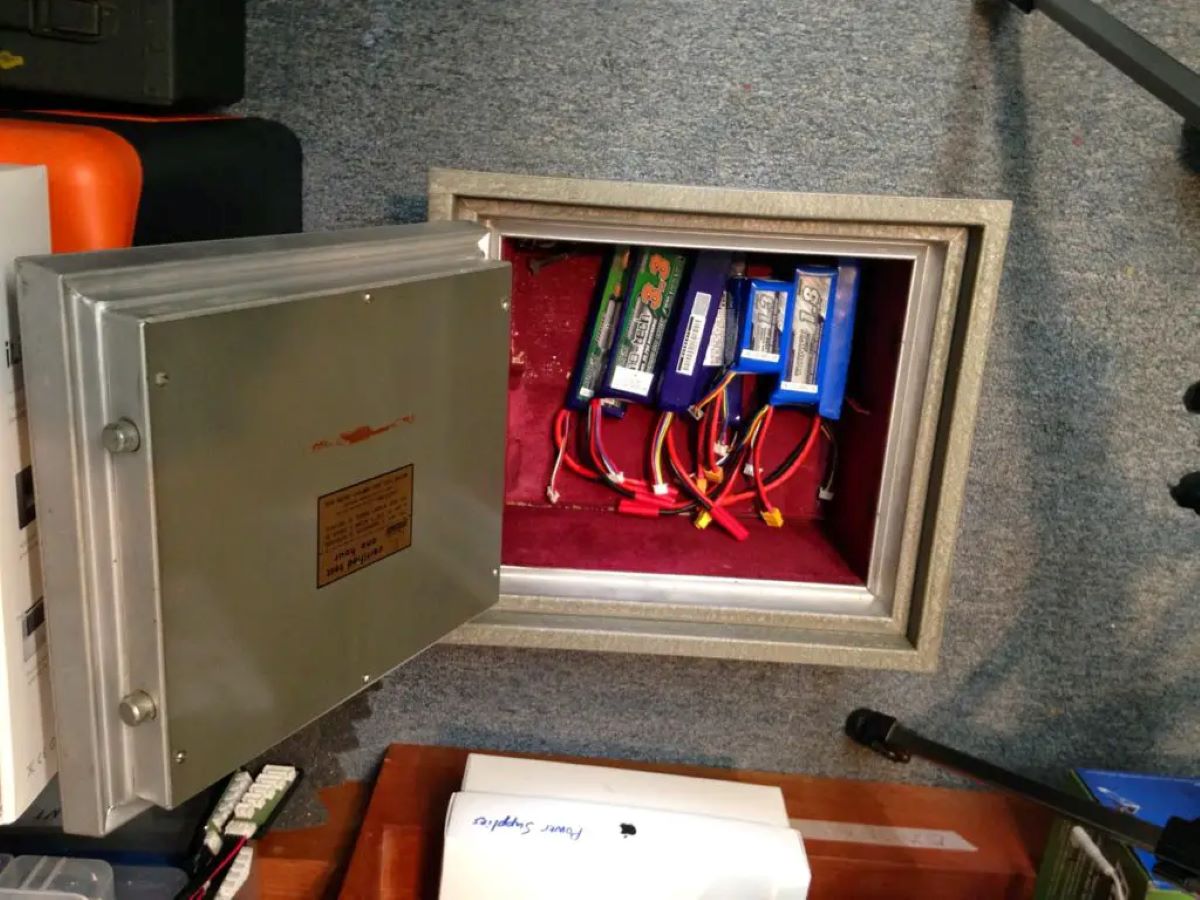
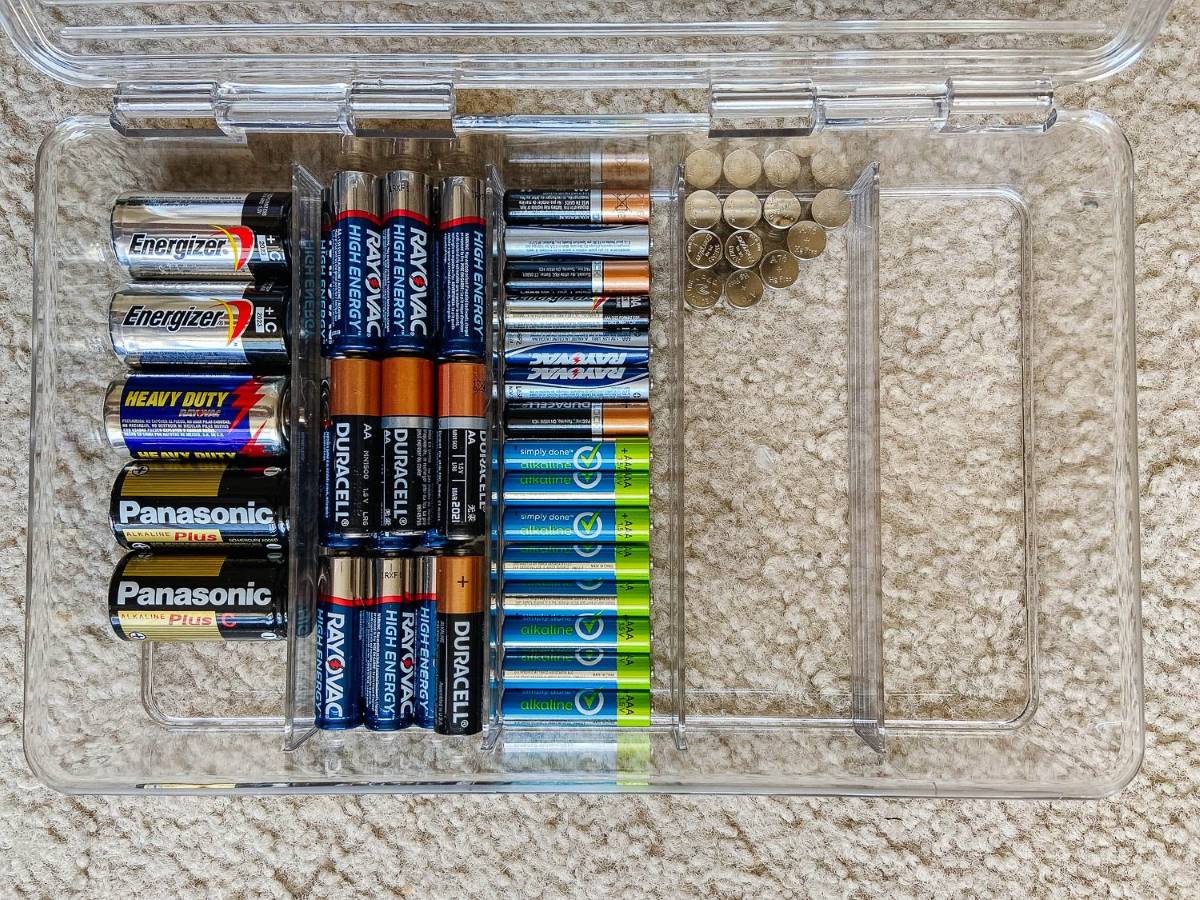
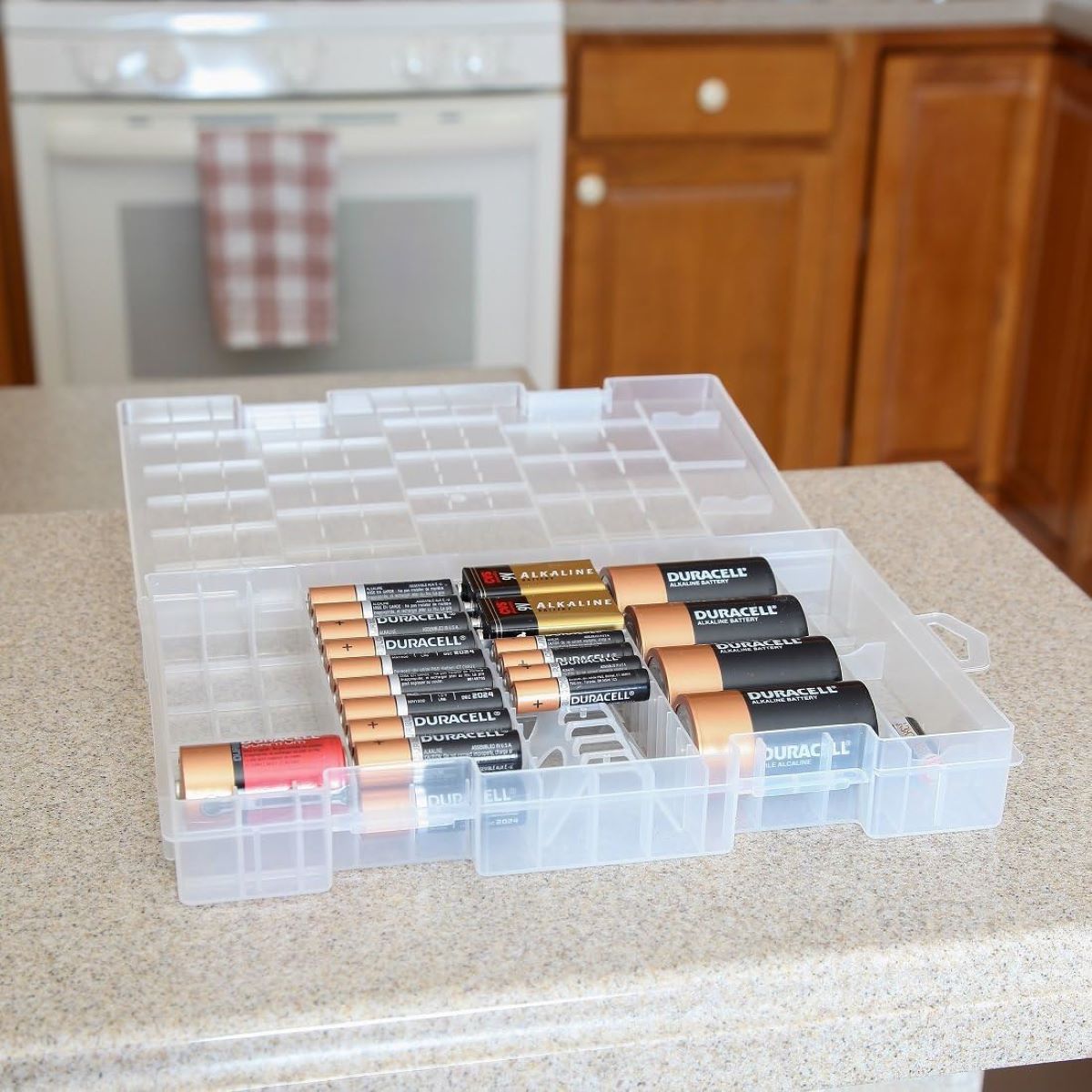
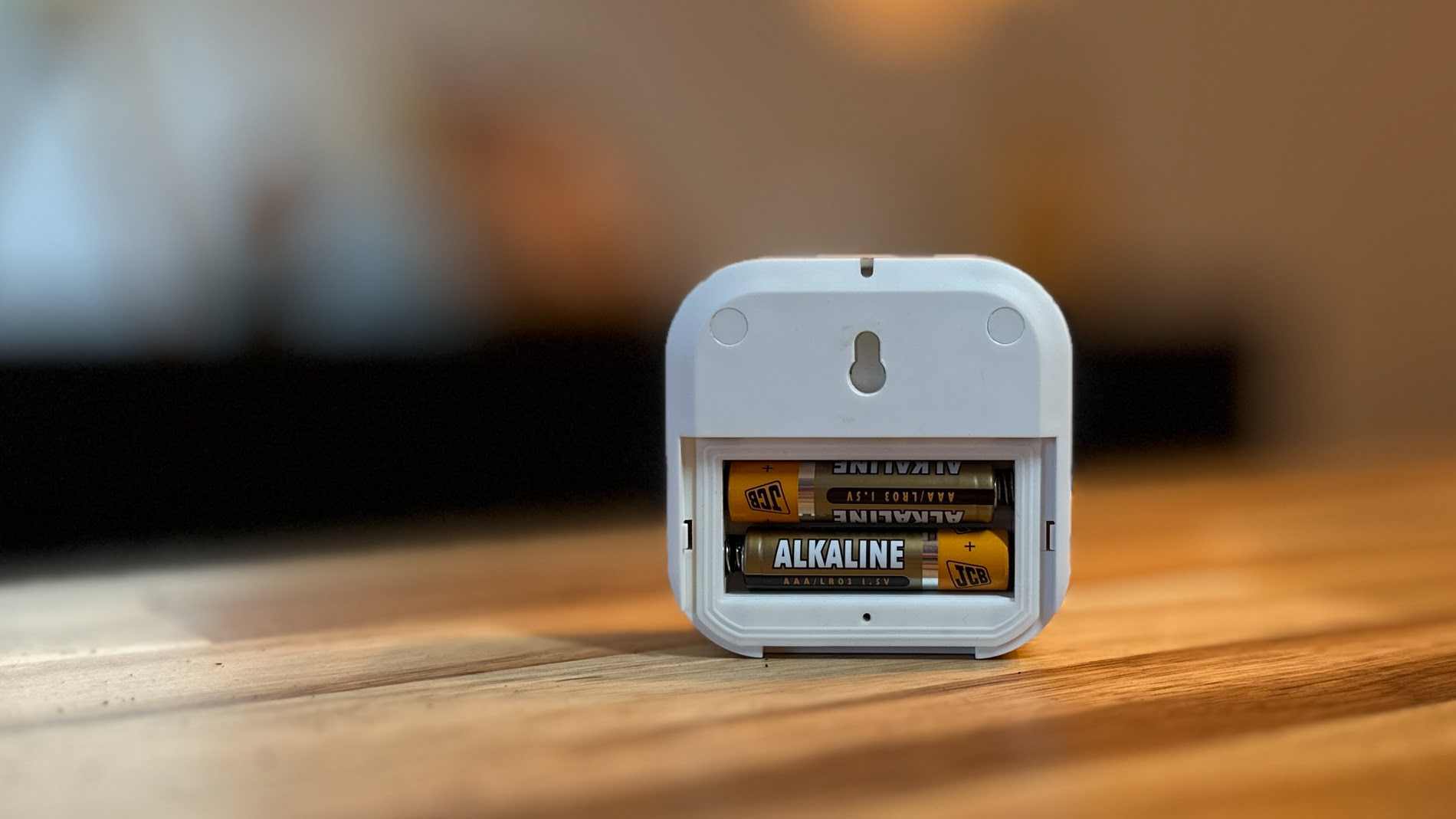
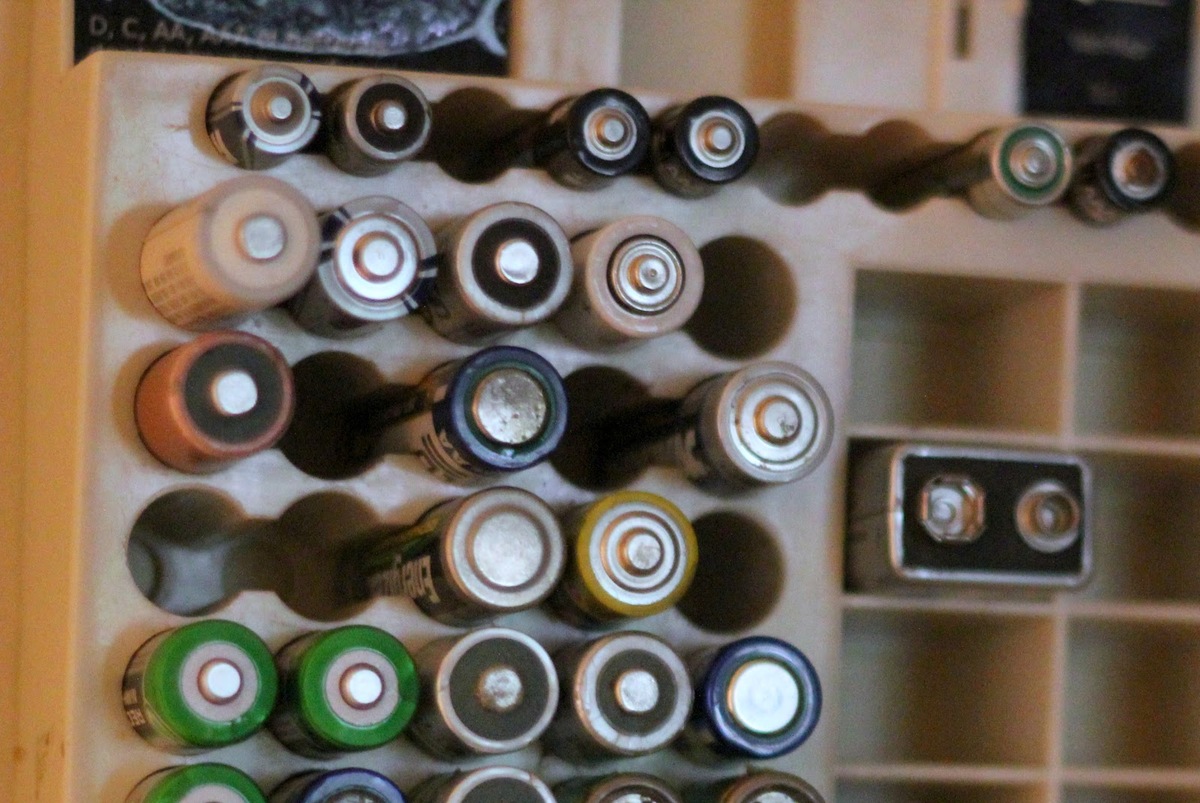
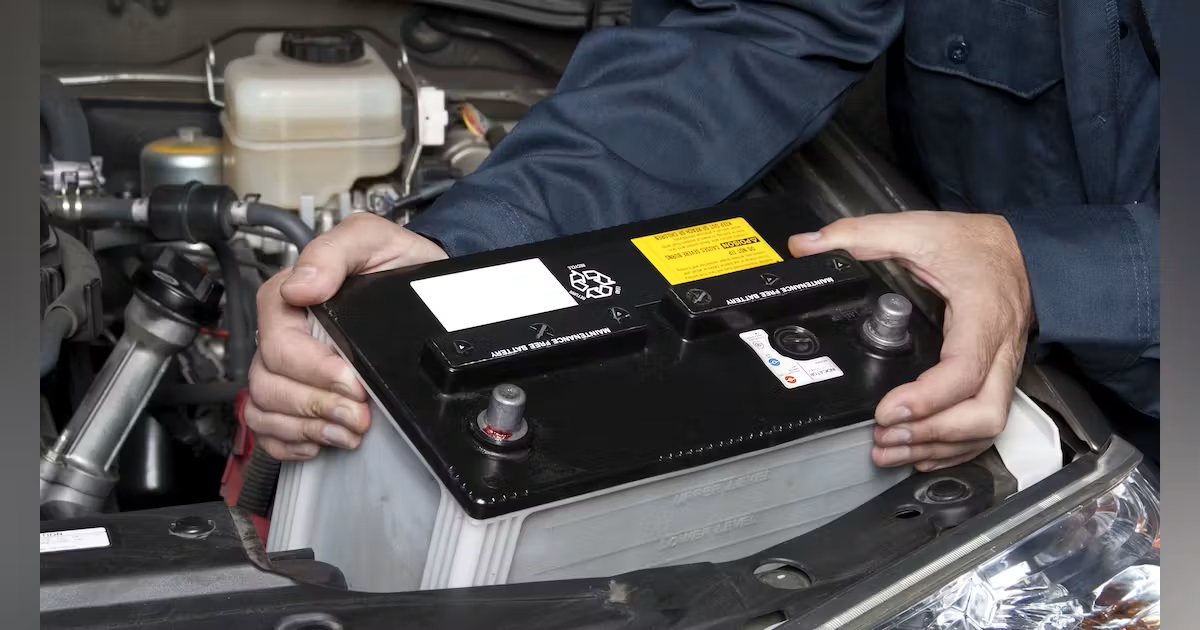
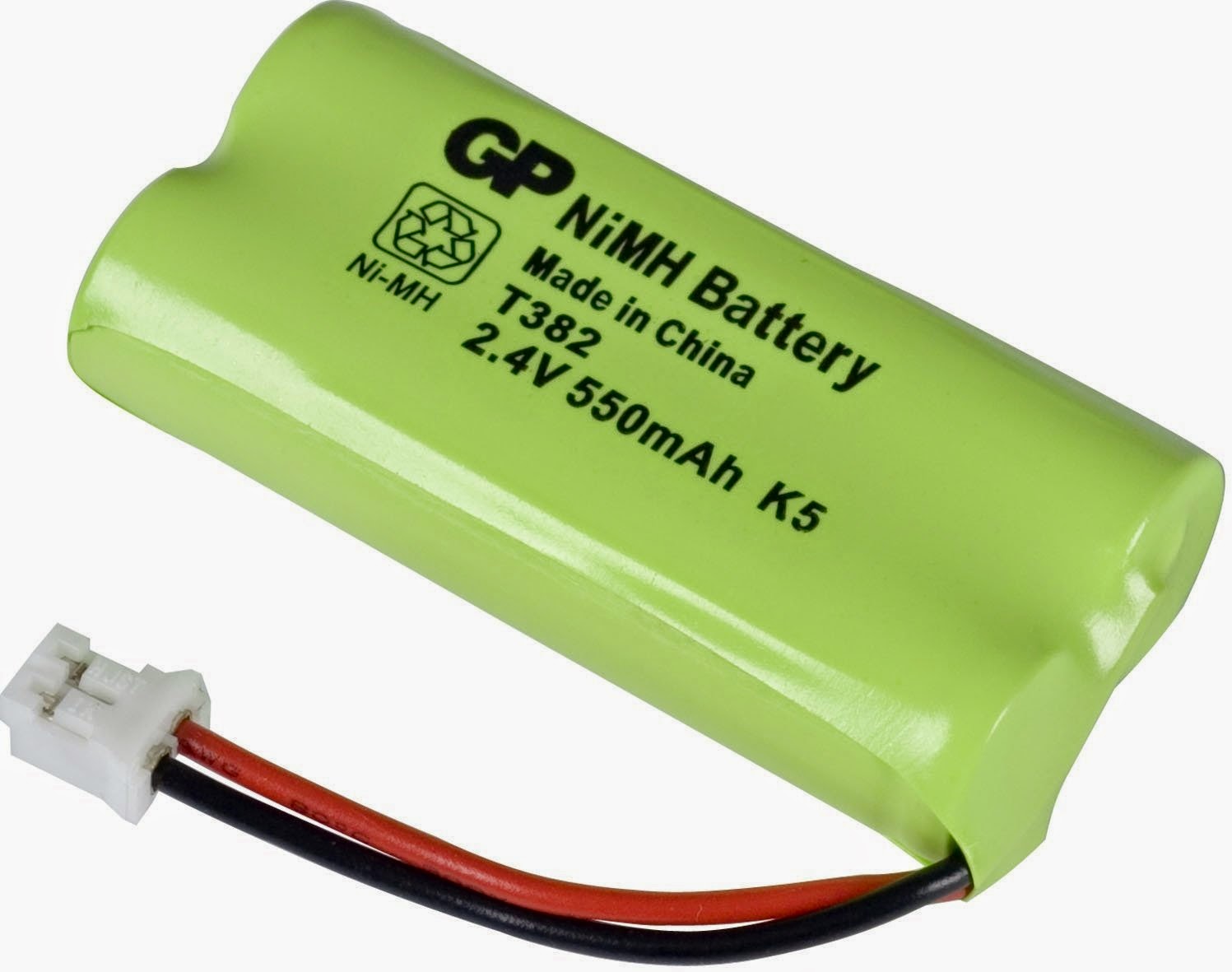
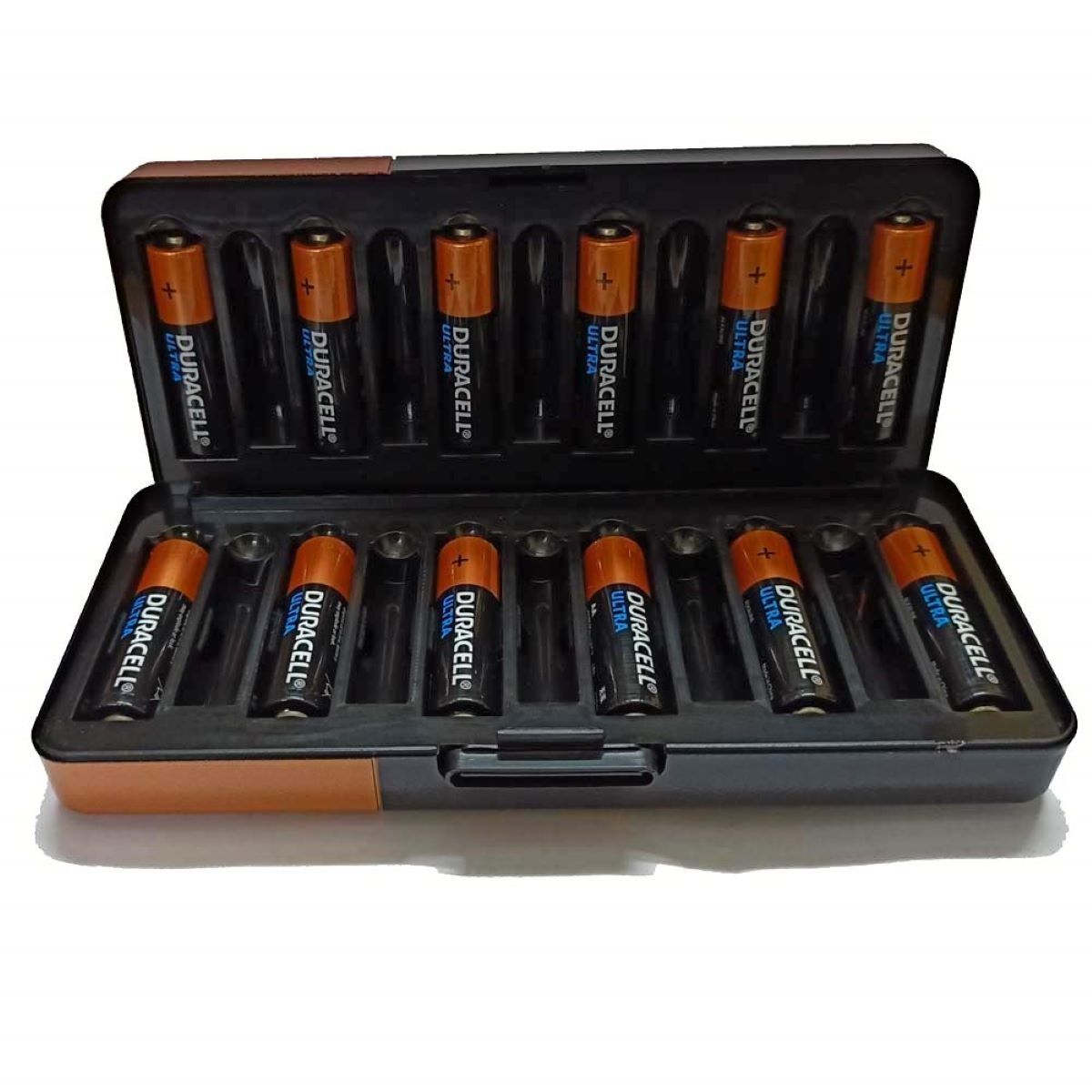
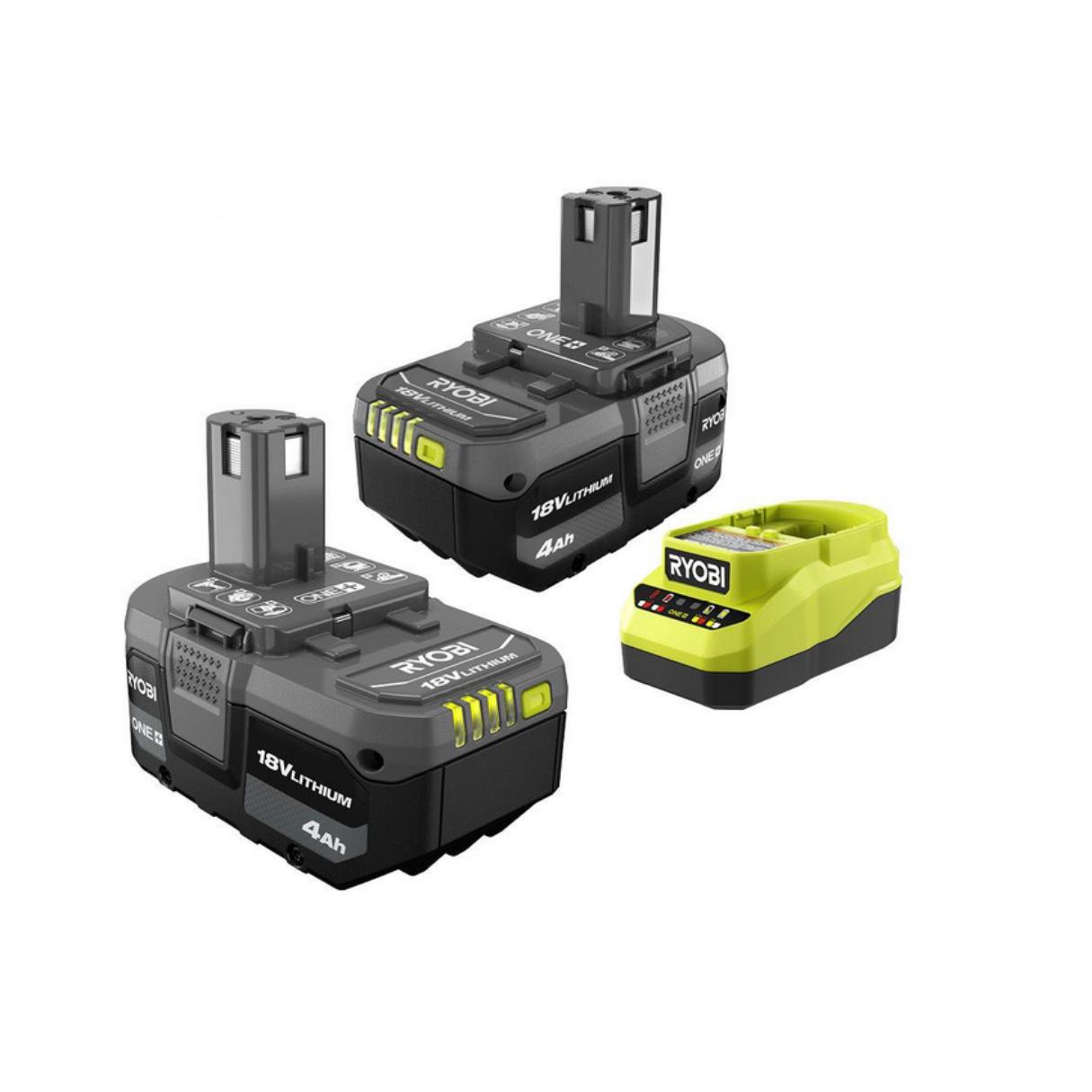
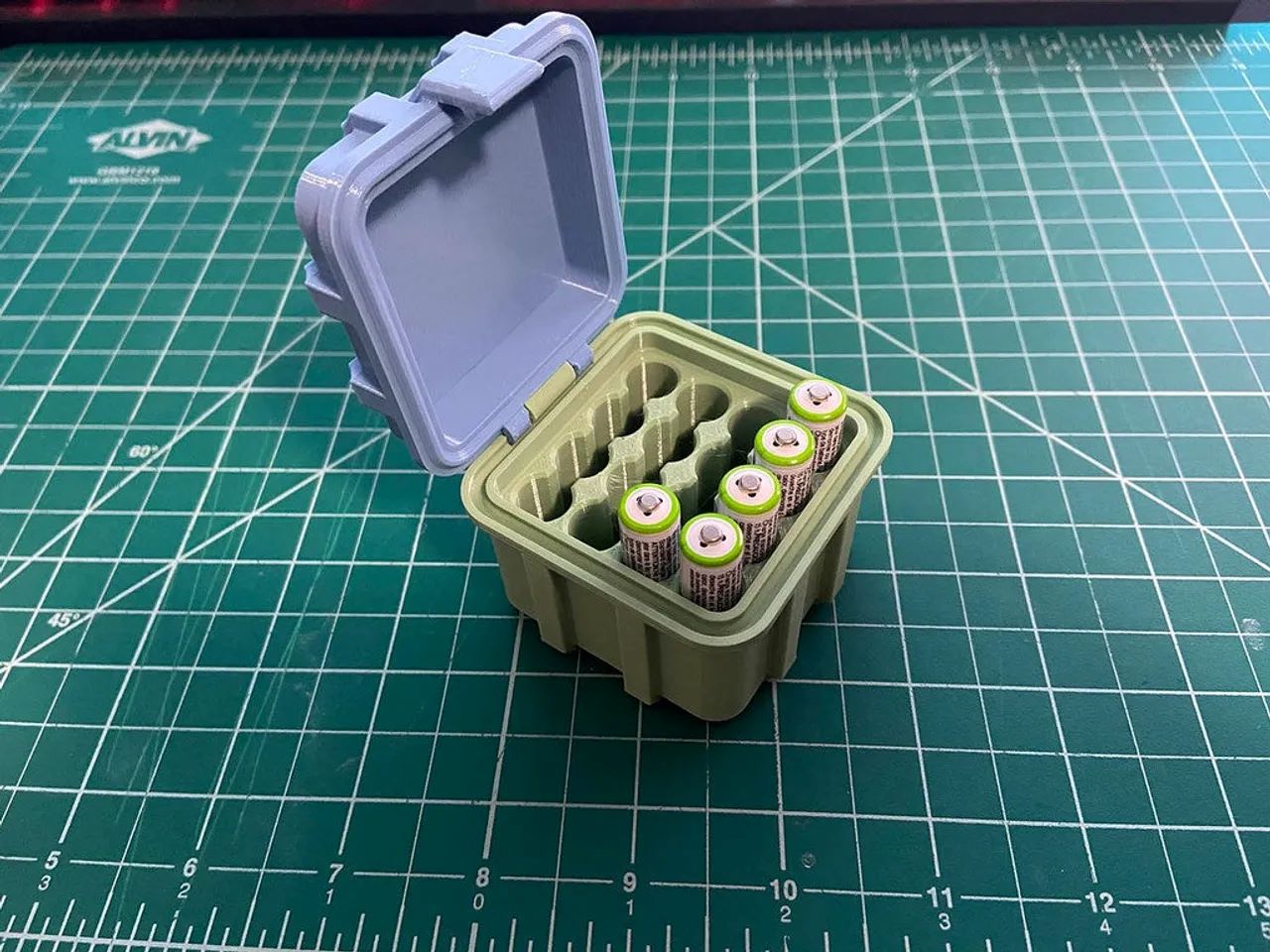
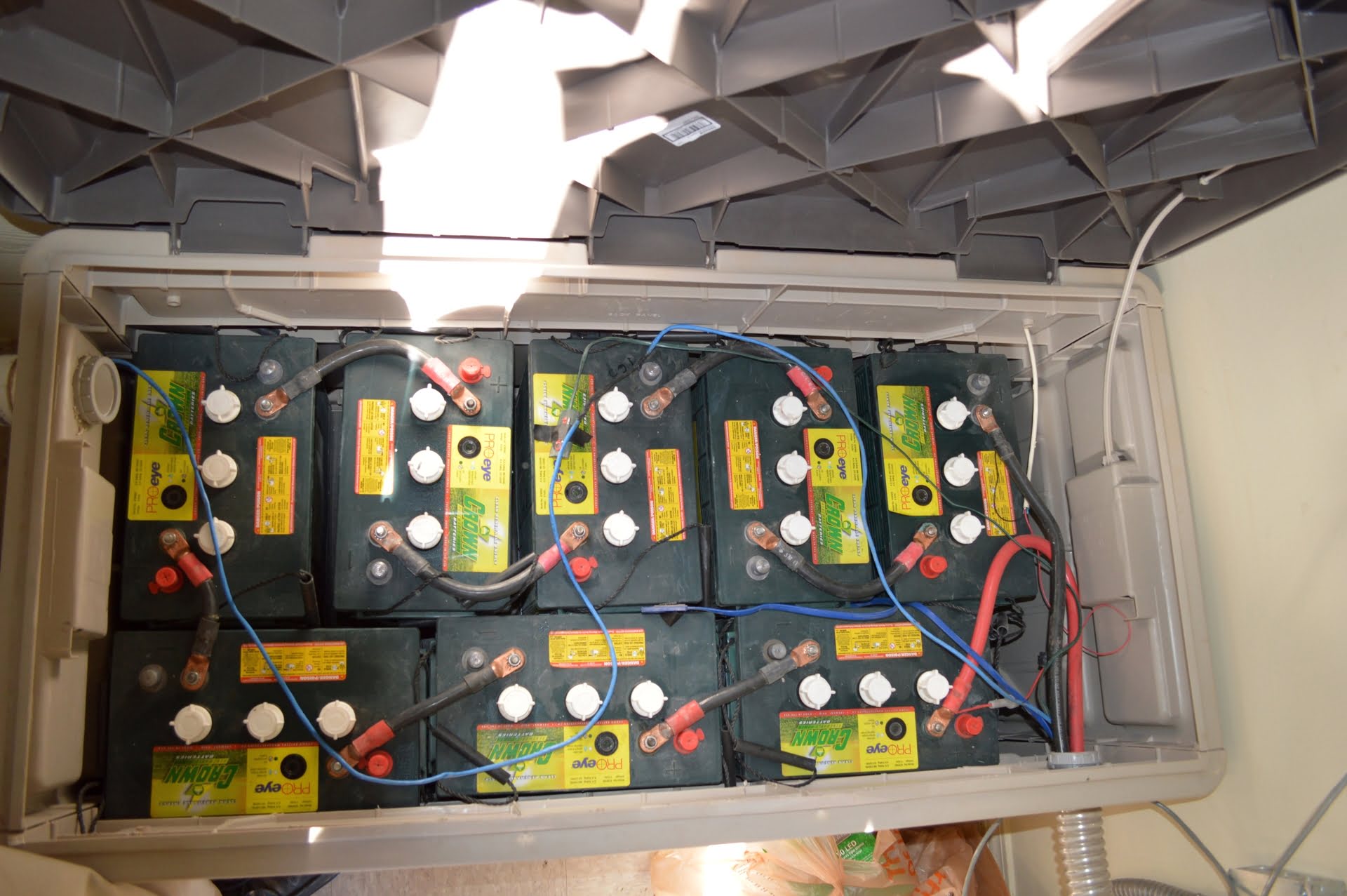
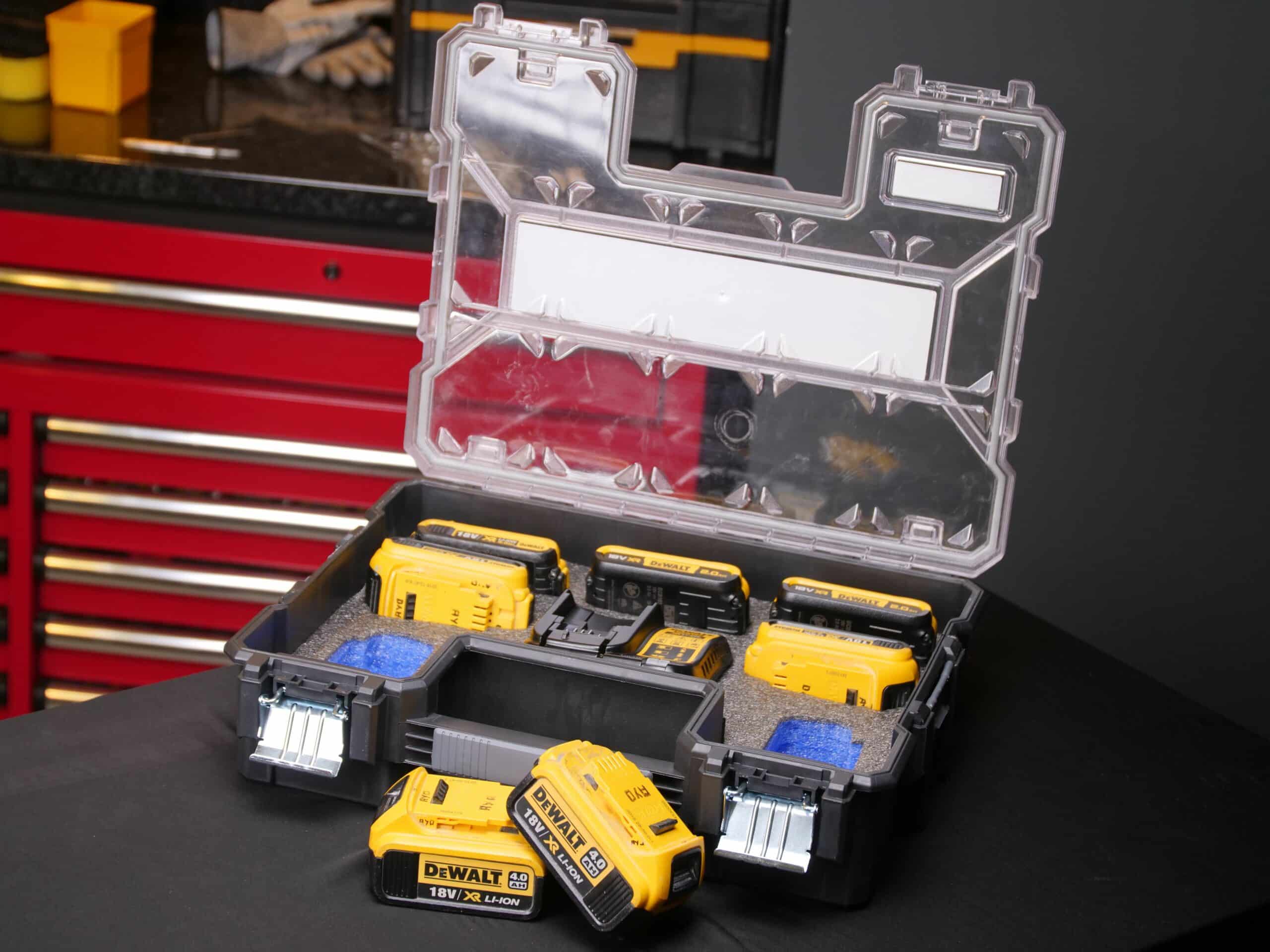

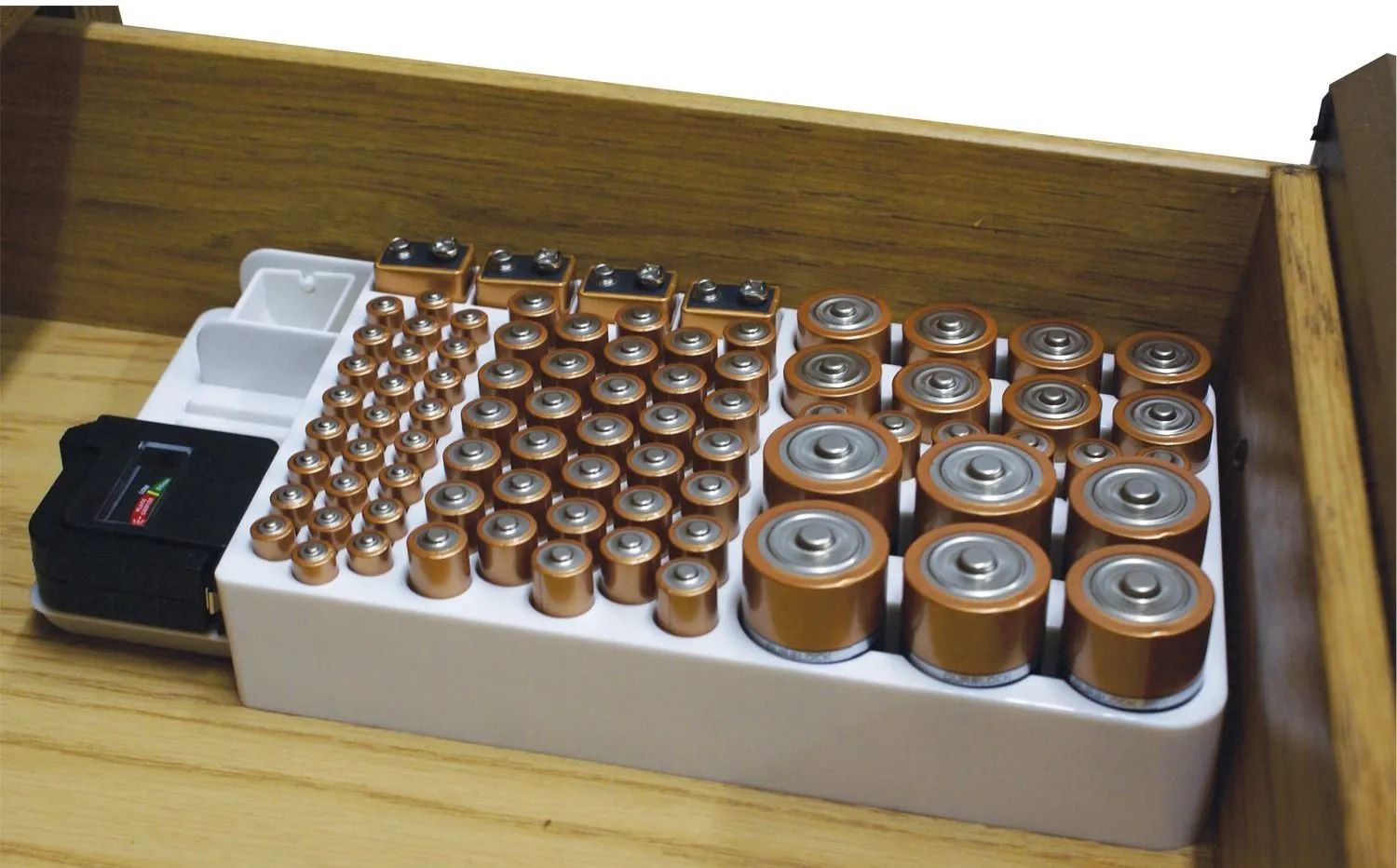

0 thoughts on “How To Store Lipo Batteries At Home”